You are using an out of date browser. It may not display this or other websites correctly.
You should upgrade or use an alternative browser.
You should upgrade or use an alternative browser.
Trudeau promises more gun control and goes on the attack against Scheer
- Thread starter IronNoggin
- Start date
IronNoggin
Well-Known Member
Last week, Public Safety and the Liberal government announced the extension of an amnesty protecting owners of rifles prohibited in 2020. Originally set to expire on October 30, 2022, the amnesty was extended to October of 2025, leading many to question if the move was strategic in nature; a resetting of gun control commitments in preparation for a fresh anti-gun election campaign.
Research into the buyback program shows a program as off schedule as it is over-budget, with documents from Public Safety indicating that even 2025 may be unrealistically optimistic:
Research into the buyback program shows a program as off schedule as it is over-budget, with documents from Public Safety indicating that even 2025 may be unrealistically optimistic:
IronNoggin
Well-Known Member
Related:
The Commerce Department did not provide further details for the pause, which also includes shotguns and optical sights, but said an urgent review will assess the "risk of firearms being diverted to entities or activities that promote regional instability, violate human rights, or fuel criminal activities."
The Commerce Department declined to comment beyond the posting on its website.
The halt covers most of the guns and ammunition that could be purchased in a U.S. gun store, said Johanna Reeves, a lawyer who specializes in export controls and firearms with the law firm Reeves & Dola in Washington.
Reeves said she had not seen the Commerce Department take such a sweeping action like this before. "For sure they have individual country policies – but nothing like this," she said.
Export licences for Ukraine and Israel, as well as some other close allies, will be exempted from the temporary halt in exports.
U.S. companies that sell firearms, including Sturm Ruger & Co. (RGR.N), Smith & Wesson Brands (SWBI.O) and Vista Outdoor (VSTO.N), could be impacted by the export ban.
Overseas customers include distributors and stores that sell firearms.
Exporters can continue to submit license requests during the pause, but they will be "held without action" until the pause is lifted.
The pause does not affect previously issued export licenses, Commerce said.
For shipments to government clients, exporters must name specific end users, while applications with unnamed government, military, and police users will be "returned without action."
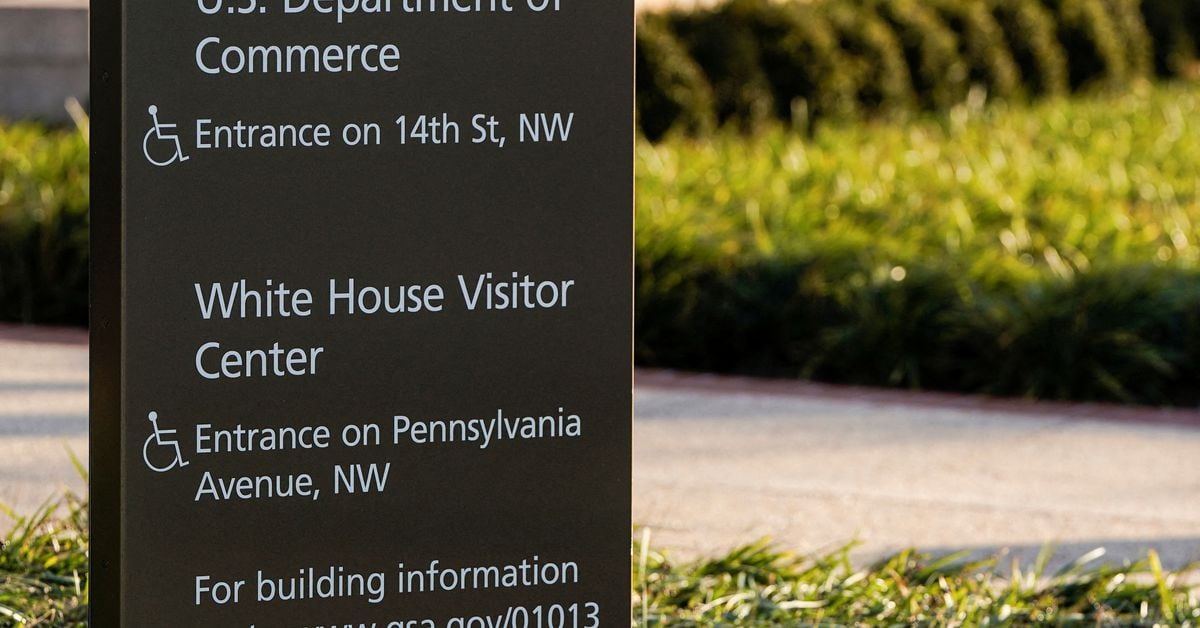
 www.reuters.com
www.reuters.com
US halts exports of most civilian firearms for 90 days
WASHINGTON, Oct 27 (Reuters) - The U.S. has stopped issuing export licenses for most civilian firearms and ammunition for 90 days for all non-governmental users, the Commerce Department said on Friday, citing national security and foreign policy interests.The Commerce Department did not provide further details for the pause, which also includes shotguns and optical sights, but said an urgent review will assess the "risk of firearms being diverted to entities or activities that promote regional instability, violate human rights, or fuel criminal activities."
The Commerce Department declined to comment beyond the posting on its website.
The halt covers most of the guns and ammunition that could be purchased in a U.S. gun store, said Johanna Reeves, a lawyer who specializes in export controls and firearms with the law firm Reeves & Dola in Washington.
Reeves said she had not seen the Commerce Department take such a sweeping action like this before. "For sure they have individual country policies – but nothing like this," she said.
Export licences for Ukraine and Israel, as well as some other close allies, will be exempted from the temporary halt in exports.
U.S. companies that sell firearms, including Sturm Ruger & Co. (RGR.N), Smith & Wesson Brands (SWBI.O) and Vista Outdoor (VSTO.N), could be impacted by the export ban.
Overseas customers include distributors and stores that sell firearms.
Exporters can continue to submit license requests during the pause, but they will be "held without action" until the pause is lifted.
The pause does not affect previously issued export licenses, Commerce said.
For shipments to government clients, exporters must name specific end users, while applications with unnamed government, military, and police users will be "returned without action."

US halts exports of most civilian firearms for 90 days
The 90-day pause applies to all non-governmental users, due to national security and foreign policy interests.
IronNoggin
Well-Known Member
IronNoggin
Well-Known Member
IronNoggin
Well-Known Member
Liberals pushing ahead on assault-style gun ban with legislation, regulation: LeBlanc
LeBlanc reaffirmed plans to re-establish the Canadian Firearms Advisory Committee to independently review the classification of existing models that fall under the planned new prohibited weapon definition in the bill.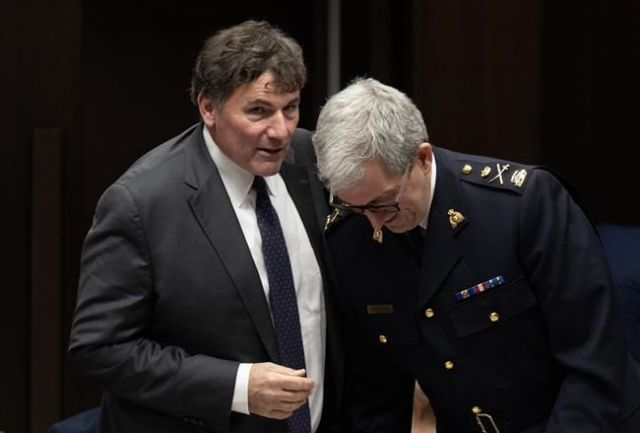
Liberals pushing ahead on assault-style gun ban with legislation, regulation: LeBlanc - Canada News
The federal public safety minister says the Liberal government is pushing ahead with efforts to keep assault-style firearms out of the hands of Canadians.
www.castanet.net
IronNoggin
Well-Known Member
Federal Court upholds OIC Gan Ban
In a decision announced today by Justice Kane of the Federal Court, she ruled the OIC is upheld.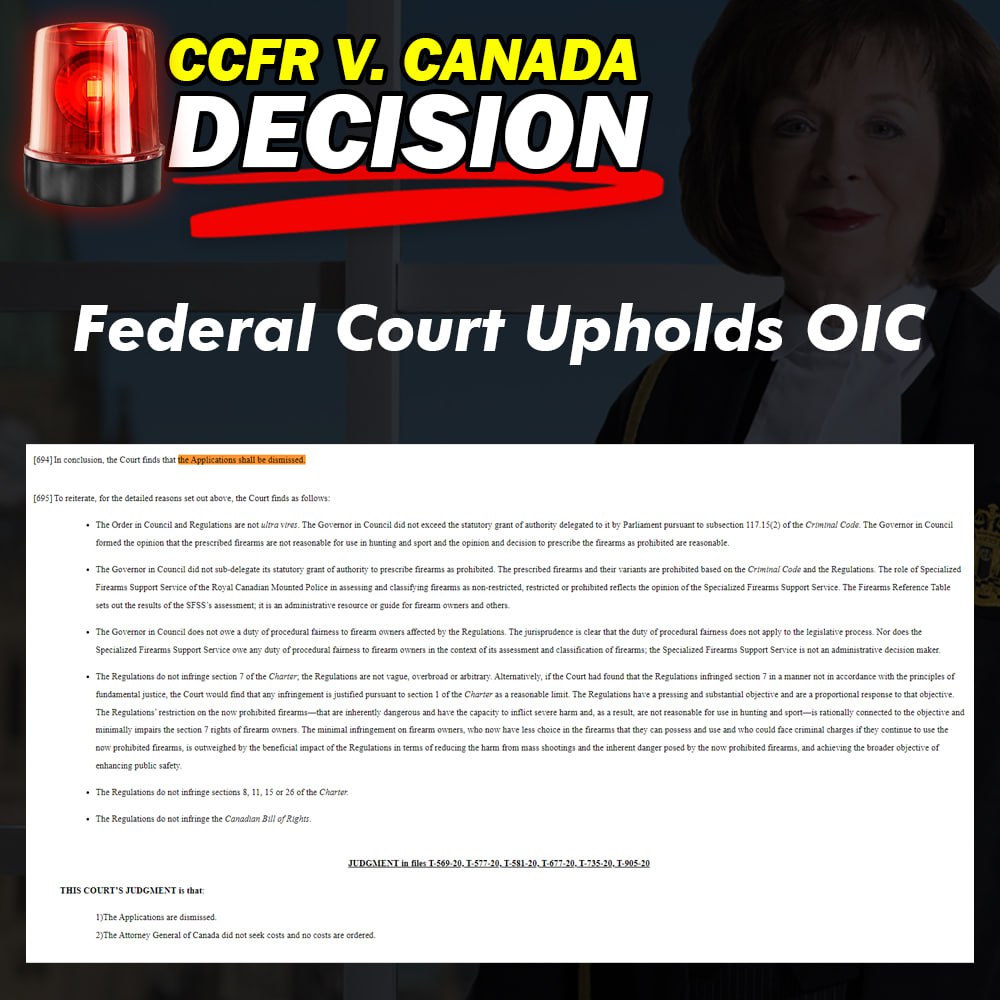
Federal Court upholds OIC Gan Ban - Canadian Coalition for Firearm Rights
In a decision announced today by Justice Kane of the Federal Court, she ruled the OIC is upheld. Read the decision here: T-569-20_20231030_JR_E_O_OTT_20231030084550_KAN_2023_FC_1419.pdf - Google Drive [695] To reiterate, for the detailed reasons set out above, the Court finds as follows: The...
 firearmrights.ca
firearmrights.ca
IronNoggin
Well-Known Member
Property rights at risk with court dismissal of landmark firearms ban challenge
A Federal Court justice dismissed all claims made by the Canadian Coalition for Firearm Rights (CCFR) and other applicants in their landmark case against the Canadian government’s gun control policy.Justice Catherine Kane’s ruling also extends to the general property rights of Canadians, say critics.
Justice Kane’s assertion that the government does not owe procedural fairness to Canadians in such matters is alarming. It sets a potentially dangerous precedent where the government might circumvent due procedures to enforce their will, suggested Giltaca.
It may be left to the court of public opinion in the next election, according to Wilson.
“Canadians will have a choice to make: a government that will spend billions of their tax dollars attacking licensed, vetted RCMP-approved firearms owners, or a government that will craft and employ serious policy to reduce crime, violence, and gun smuggling. Either they want more division and debt, or they want a safer country,” she said.
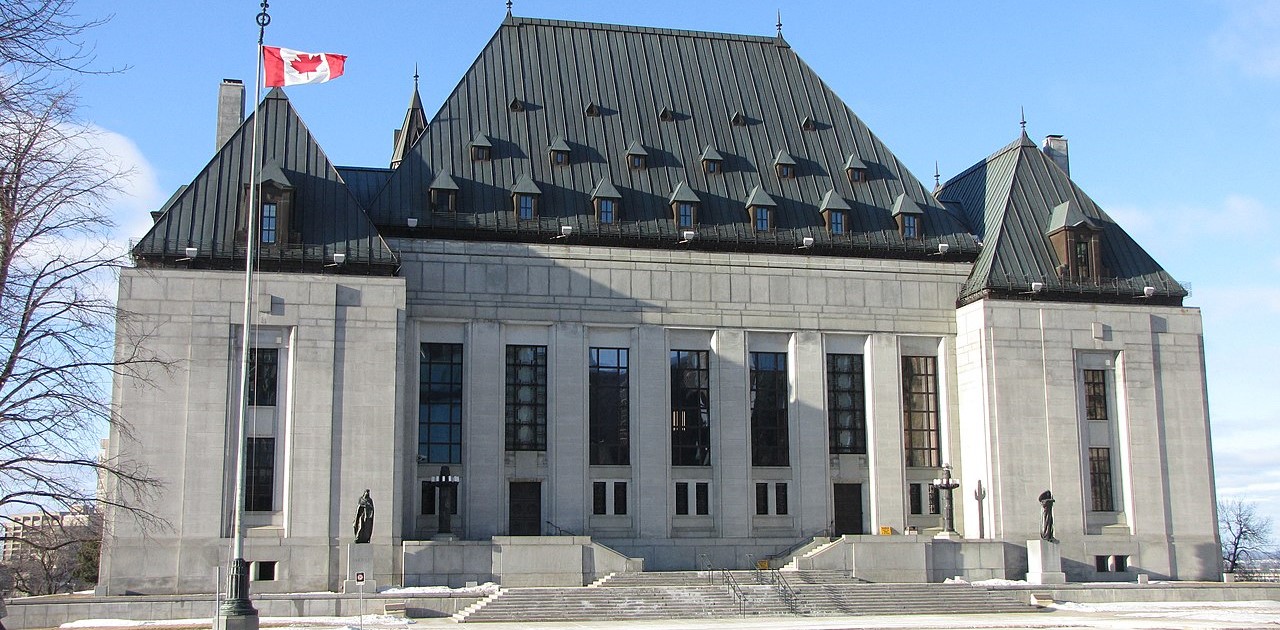
Property rights at risk with court dismissal of landmark firearms ban challenge: critics
A Federal Court justice dismissed all claims made by the Canadian Coalition for Firearm Rights and other applicants in their landmark case against the Canadian government’s gun control policy.
IronNoggin
Well-Known Member
IronNoggin
Well-Known Member
Bill C-21 Violates Charter Rights
Posted By: Gary Mauser October 30, 2023Bill C-21 Violates Our Charter Rights. Bill C-21 is unnecessary, misdirected, and open to abuse.
Bill C-21 Violates Charter Rights - Justice For Gun Owners
The red flag measures in Bill C-21 violate due process by leading to secret hearings where the accused has no opportunity to refute claims
justiceforgunowners.ca
IronNoggin
Well-Known Member
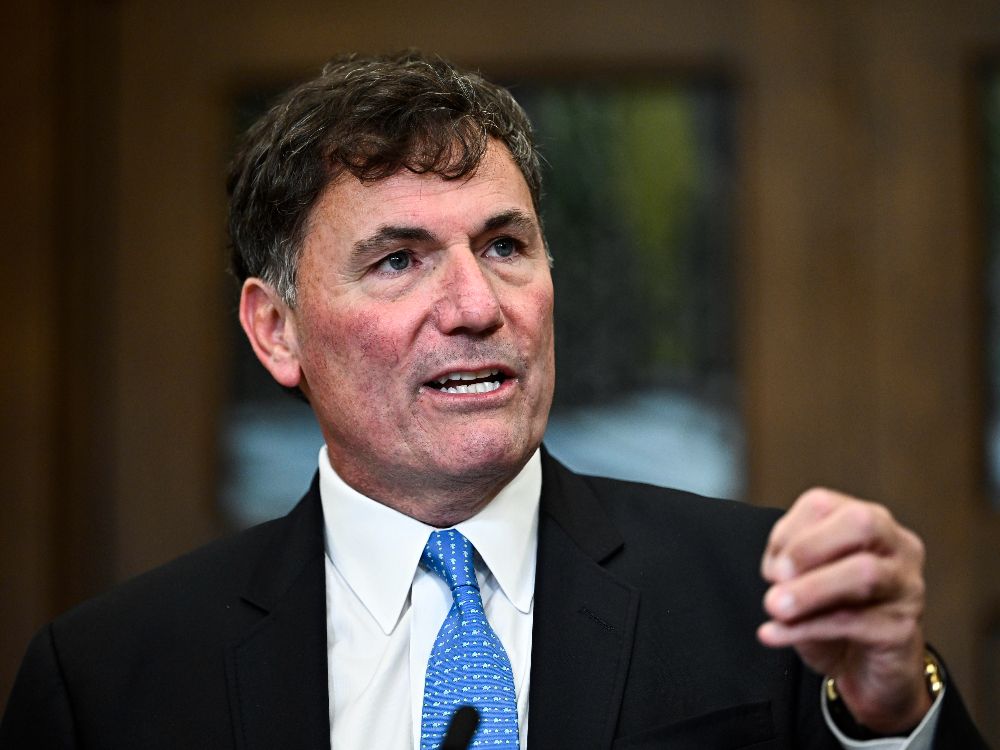
Senator accuses public safety minister of 'disinformation' over gun control bill
Last month, Public Safety Minister LeBlanc told a Senate committee that firearms groups didn't oppose the Liberals' gun control bill.
IronNoggin
Well-Known Member
IronNoggin
Well-Known Member
Government documents project Liberals' gun 'buyback' to cost nearly $2B, double minister's estimates
OTTAWA — Internal government documents from 2019 put the cost of a government mandatory gun buyback at nearly $2 billion, despite assurances during the last federal election that expropriating so-called “assault rifles” from licensed Canadian firearms owners would only cost between $400 million and $600 million.In documents published as part of an access-to-information request, an internal presentation prepared in December 2019 by the Department of Justice puts the cost of confiscating what it described as “military-style assault rifles,” with compensation for the owners, at more than double the figure touted by then public safety minister Bill Blair.
In 2019, when the Liberals’ far-reaching gun control policy was in its infancy, plans to confiscate rifles prohibited under the new rules were intended to be entirely voluntary.
That changed in 2021, when Quebec-based anti-gun group PolySeSouvient publicly disinvited Prime Minister Justin Trudeau from future memorials of the 1989 École Polytechnique massacre over the government’s decision to make the gun confiscation voluntary.
In an interview with Radio-Canada, PolySeSouvient accused Trudeau of “betraying” and “abandoning” victims of gun violence.
Official government policy would soon be revised to make the gun grab mandatory, and the prime minister appeared at that year’s École Polytechnique memorial in Montreal.
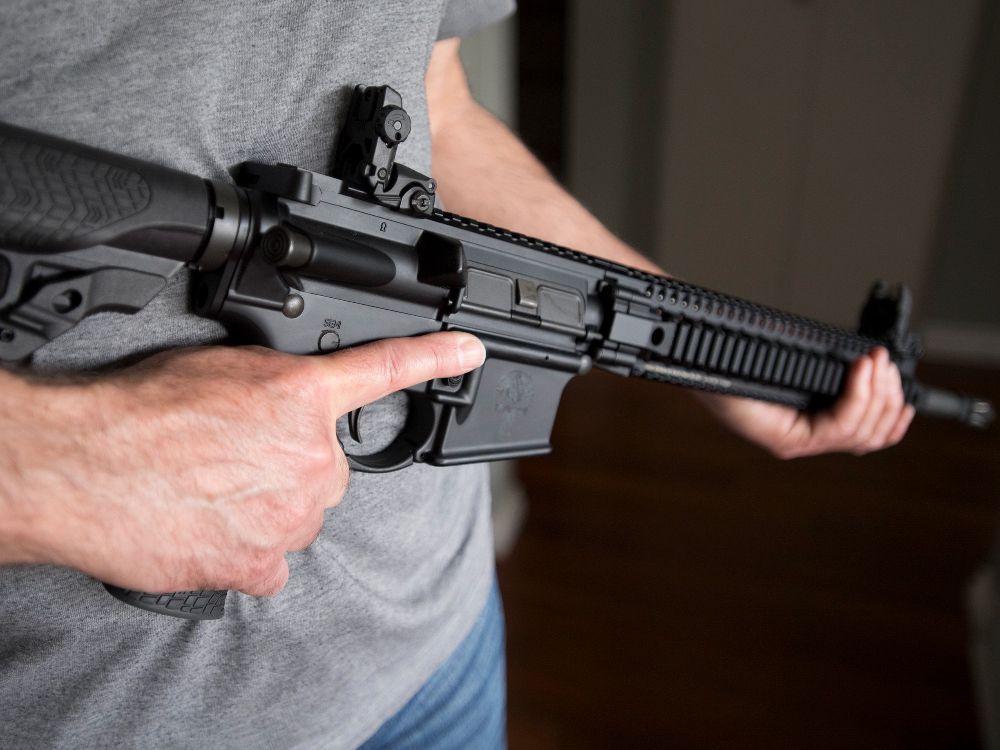
Government documents project Liberals' gun 'buyback' to cost nearly $2B, double minister's estimates
Three years after it was announced, the government has yet to release any sound figures on what the confiscation would cost taxpayers.
And if this government suggests $ 2 Billion, one hesitates to wonder what the actual end costs would be!!
IronNoggin
Well-Known Member
Liberals Asked Federal Court to Order Gun Owners to Pay Government’s Legal Bill
Canada’s governing Liberal Party asked the Federal Court to order gun owners to pay part of the government’s legal bills in the cases to stop the firearm confiscations begun in May 2020.After Justice Catherine Kane’s ruling of October 30 said the Liberals didn’t seek compensation for their court costs, their lawyers told the court that’s incorrect and asked Kane to review the file, Edward Burlew, a lawyer for one of the challengers, told TheGunBlog.ca today.
‘Calculated to Put Ice in Your Veins’
“This is calculated to put ice in your veins if you are thinking of suing the federal government in federal court about your gun rights or property rights,” said Burlew, who represented John Hipwell.
Tracey Wilson, the vice president of public relations for the Canadian Coalition for Firearm Rights (CCFR), said the costs are “likely in the tens of thousands” of dollars, split across the six cases.
The government also appears to want to discourage applicants preparing to appeal Kane’s ruling that upheld the forced rifle and shotgun seizures. Christine Generoux and the CCFR said last week they will appeal.
CCFR Will Pursue Appeal: ‘Let’s Dance’

Liberals Ask Federal Court to Order Gun Owners to Pay Government’s Legal Bill | TheGunBlog.ca
TheGunBlog.ca — The Liberals asked the Federal Court to order gun owners to pay part of the government’s legal bills in the cases to stop the firearm confiscations begun in May 2020.
 thegunblog.ca
thegunblog.ca
IronNoggin
Well-Known Member
Tony Bernardo at SECD 'Clearly, this 30-year-old approach doesn't work'
Nov 9 2023Ottawa, Ontario
by CSSA E-News
On Monday, November 6, CSSA Executive Director Tony Bernardo addressed Bill C-21 before the Standing Senate Committee on National Security, Defence and Veterans Affairs (SECD).
“You have been listening to firearms experts and they have told you the problem and have given you the science to reduce gun crime. What I don't understand is why is the government not listening to them?” Bernardo asked.
"Why is this government directing its efforts against the law abiding, as opposed to directing them against the criminal misuse of these objects?”
“It seems clear the government is engaged in a witch hunt against millions of lawful Canadian citizens, yet expert after expert have told you the same things, from Marcell Wilson to the former OPP Chief Chris Lewis, [Bill] C-21 will not stop or lessen gun crime and is totally focused on the law abiding.”
“Clearly, this 30-year-old approach doesn't work.”
Last week, Marcell Wilson, a former gang member, a former international crime figure and founder of The One By One Movement[ii], said the same thing.[iii]
“What I am asking from the government, on behalf of the Canadian communities we represent, is to simply say it like it is,” Mr. Wilson said.
“This bill is to remove legal firearms from legal firearm owners, not to prevent violence or make our country significantly safer. Please stop exploiting people who have already been through enough for a political agenda.”
Former OPP Chief Chris Lewis was equally clear that Bill C-21 is focused on the wrong target in an interview with CTV News.[iv]
“The people who are using guns aren't the lawful owners that have registered guns and have had the background checks, have been trained and safely store them. That's not who's committing the violent crimes. It's people who are using smuggled guns from the United States. That's the vast majority of guns used in crime: handguns.”
“Adding more laws to the lawful owners isn't going to impact the criminals who don't care about laws. They commit them all [crimes], including murder,” he said.
“Banning lawfully owned handguns is not going to solve the problem,” Lewis said.
As questioning continued, Senator Donna Dasko tried to suggest that gun owners who don’t own handguns are okay with the government seizing and destroying them, citing stats from an Environics survey of Canadian gun owners commissioned by the Liberal government.[v]
“Canadian gun owners, as a whole, seem to support this,” said Senator Dasko. “So I'm suggesting that perhaps the members of the organizations that have come here to represent their members, but they don't represent gun owners, as a whole, in Canada.”
“Certainly handgun owners are in a minority amongst the overall community of firearms owners,” Tony Bernardo replied, “but I would also remind you that democracy is two wolves and the sheep deciding what to have for lunch.”
“We have people who have committed no crime and they have jumped through every hoop the government has laid before them,” Bernardo said.
“And now we're going to punish them because they're in a minority where the object of government, at least democratic government, is to protect minorities from intrusion.”
Government must always be seen to be doing something.
Bill C-21 is the Trudeau Liberal government’s attempt to be seen to be doing something about criminal violence.
That their something is rationally connected to preventing that violence is, it appears, entirely beside the point.
The Standing Senate Committee on National Security, Defence and Veterans Affairs hearings on Bill C-21 continue.
Sources:
[iii]
[v] https://publications.gc.ca/site/eng/9.921319/publication.html
IronNoggin
Well-Known Member
LAWTON: Why Alberta is taking aim at Trudeau’s gun grab
Over the years, Canada has witnessed a significant shift in its firearm policies, with Justin Trudeau leading a nationwide crackdown on gun ownership. Alberta Justice Minister Mickey Amery spoke with True North’s Andrew Lawton about the profound role guns have played in shaping Alberta’s identity, and why the province is leading the fight against Trudeau’s gun grab.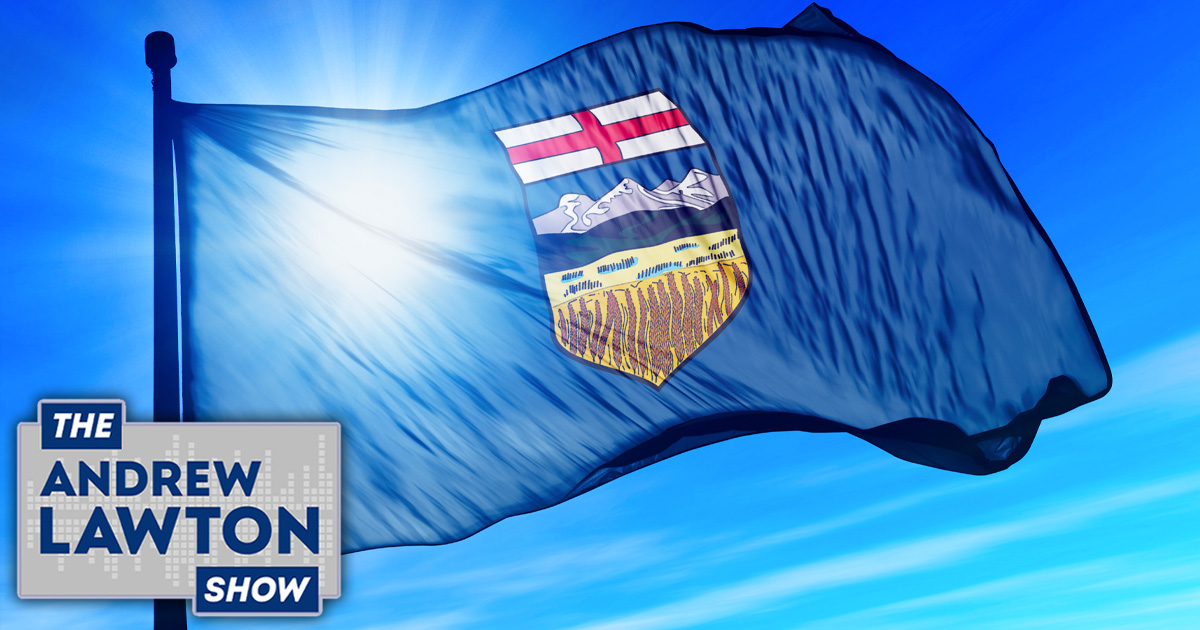
LAWTON: Why Alberta is taking aim at Trudeau’s gun grab
Alberta Justice Minister Mickey Amery spoke with True North’s Andrew Lawton about the profound role guns have played in shaping Alberta’s identity, and why the province is leading the fight against Trudeau’s gun grab.
IronNoggin
Well-Known Member
Can provinces set their own gun laws?
While firearm policies are often thought of as falling under federal jurisdiction, a closer examination reveals a complex interplay between federal and provincial authorities. Alberta Chief Firearms Officer Teri Bryant spoke with True North’s Andrew Lawton about the degree of latitude afforded to provincial authorities in shaping and implementing firearm policies.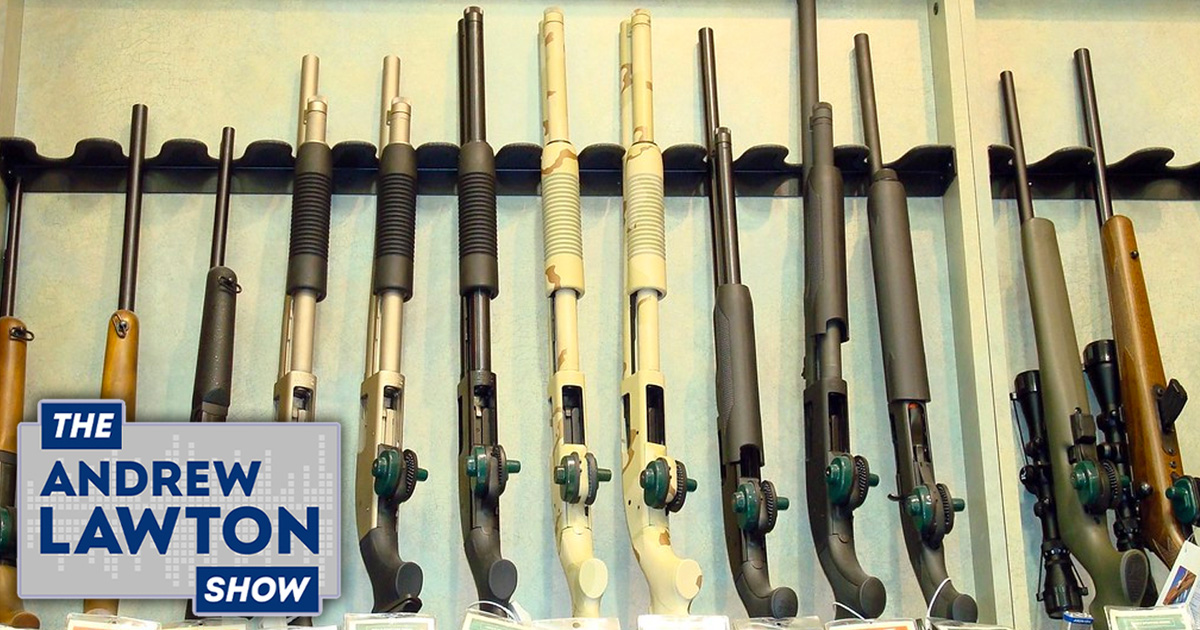
LAWTON: Can provinces set their own gun laws?
Alberta Chief Firearms Officer Teri Bryant spoke with True North’s Andrew Lawton about the degree of latitude afforded to provincial authorities in shaping and implementing firearm policies.
IronNoggin
Well-Known Member
IronNoggin
Well-Known Member
Liberal ‘Invitation To Qualify’ Seeks Companies to Execute Attack on Gun Owners
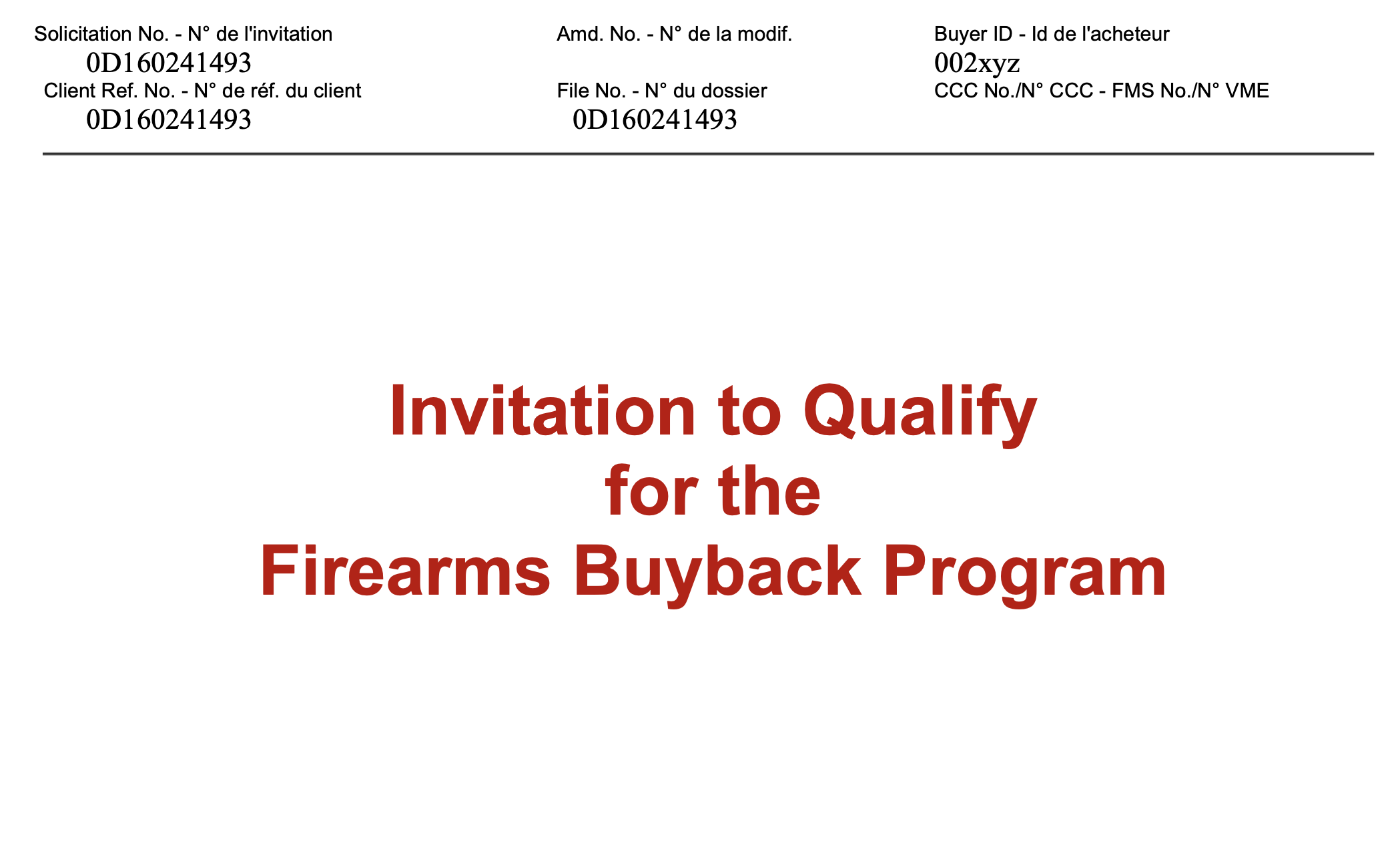
Liberal ‘Invitation To Qualify’ Seeks Companies to Execute Attack on Gun Owners | TheGunBlog.ca
TheGunBlog.ca — Canada’s governing Liberal Party invited companies to join its attacks against government-licensed firearm users through an “Invitation to Qualify” to execute mass gun confiscations.
 thegunblog.ca
thegunblog.ca

